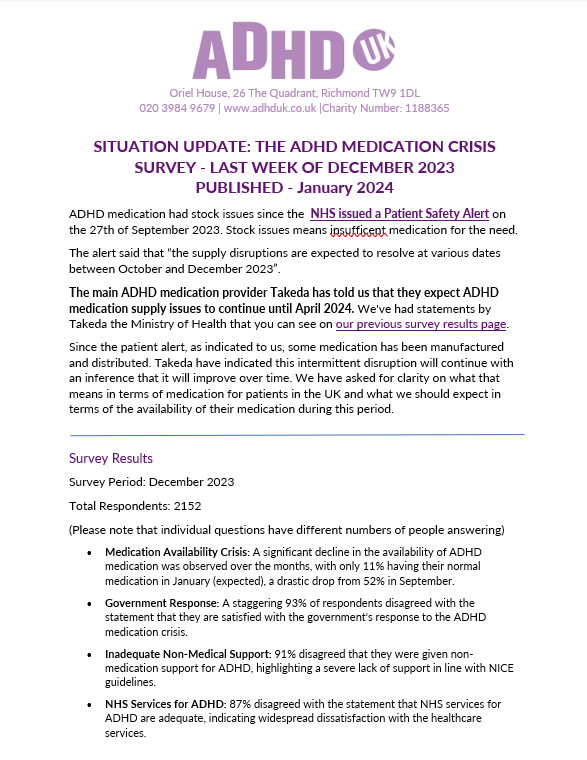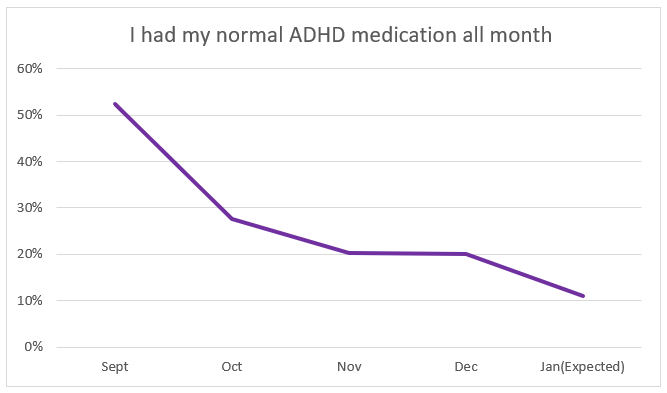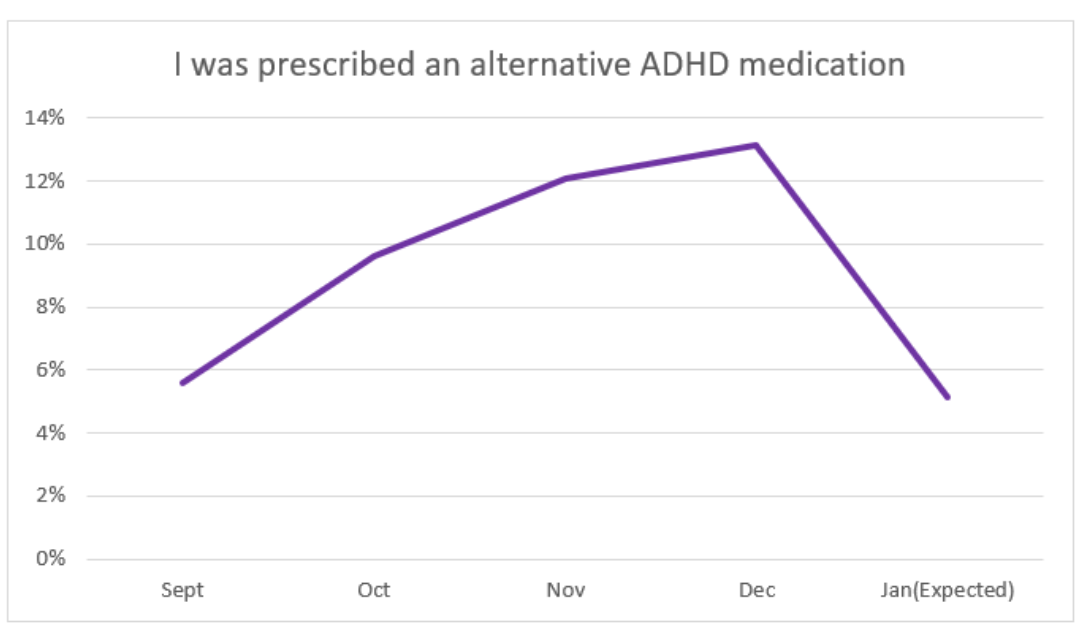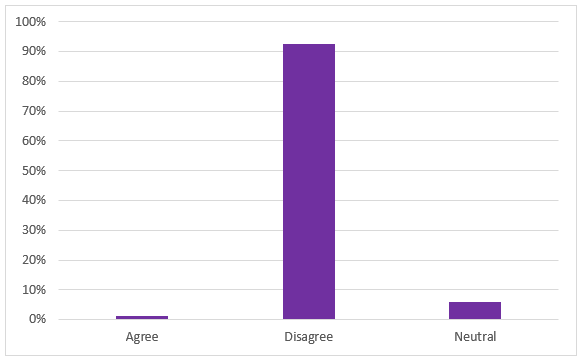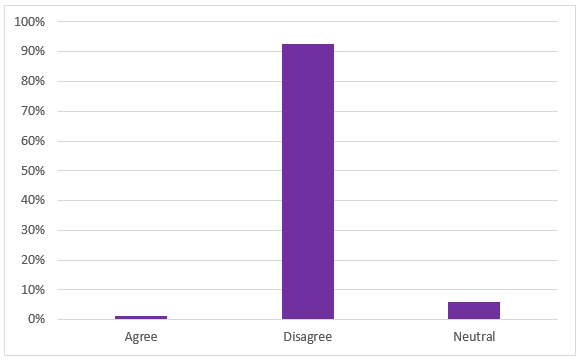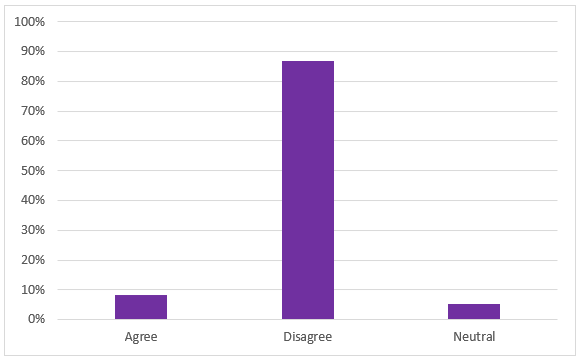SITUATION UPDATE: THE ADHD MEDICATION CRISIS
SURVEY – LAST WEEK OF DECEMBER 2023.
PUBLISHED – January 2024
ADHD medication had stock issues since the NHS issued a Patient Safety Alert on the 27th of September 2023. Stock issues means insufficent medication for the need.
The alert said that “the supply disruptions are expected to resolve at various dates between October and December 2023”.
The main ADHD medication provider Takeda has told us that they expect ADHD medication supply issues to continue until April 2024. We’ve had statements by Takeda the Ministry of Health that you can see on our previous survey results page.
Since the patient alert, as indicated to us, some medication has been manufactured and distributed. Takeda have indicated this intermittent disruption will continue with an inference that it will improve over time. We have asked for clarity on what that means in terms of medication for patients in the UK and what we should expect in terms of the availability of their medication during this period.
Our full report is on this page. You can also click the image to download a PDF version.
Survey Results
Survey Period: 22nd -31st December 2023.
Total respondents: 2152
(Please note that individual questions have different numbers of people answering)
- Medication Availability Crisis: A significant decline in the availability of ADHD medication was observed over the months, with only 11% having their normal medication in January (expected), a drastic drop from 52% in September.
- Government Response: A staggering 93% of respondents disagreed with the statement that they are satisfied with the government’s response to the ADHD medication crisis.
- Inadequate Non-Medical Support: 91% disagreed that they were given non-medication support for ADHD, highlighting a severe lack of support in line with NICE guidelines.
- NHS Services for ADHD: 87% disagreed with the statement that NHS services for ADHD are adequate, indicating widespread dissatisfaction with the healthcare services.
- Perception of Political Leadership: Only 3% of respondents agreed that politicians care about people with ADHD, reflecting a significant lack of trust in political leadership.
- Impact on Employment:
- 87% agreed that their work had been negatively impacted due to the ADHD medication crisis.
- 43% were concerned about losing their job due to the crisis.
- An estimated job loss of between 1757 and 4196 people (with ADHD medication) has been calculated based on the survey results.
- Educational Challenges:
- Full-time learners: 84% agreed that their learning was negatively impacted.
- Part-time learners: 88% agreed that their learning was negatively impacted.
- An estimated 13% to 18% of students in full-time education (taking ADHD medication) had to drop out due to the crisis.
- Relationship Strain:
- 11% of respondents agreed that their relationship ended due to the ADHD medication crisis.
- An estimated loss of relationships for 1627 to 2940 people in the ADHD community due to the medication crisis.
Conclusion: The survey reveals a critical situation with widespread dissatisfaction regarding the government’s handling of the ADHD medication crisis. The crisis has severely impacted multiple aspects of life, including work, education, and personal relationships. There is a clear need for better support systems, both medical and non-medical, and a demand for more responsive and caring political leadership to address the challenges faced by individuals with ADHD.
We are calling for the government to:
- Create a national commission to recommend a strategy for medication supply issues like this one. The ADHD medication supply issue is not a solitary event. These issues are collectively common. We are calling for the government to create a strategy to identify those most in need and get medication to them. 98% of our respondents agree.
- Accelerate the Access to work disability job support system for those impacted by the ADHD medication crisis. Help people keep their jobs by adding those struggling without ADHD medication to the priority queue for Access to Work support. The priority queue is around a 2-week wait. The non-priority queue is 5 months. People need help now – not in 5 months.
- Create a support package and strategy for schools.
- Commission the Department of Education to issue guidance to exam boards. There are exams in January and an impact on the summer exams. Exam boards need to know what adjustments to make and the government needs to ensure a budget to implement those adjustments.
- Commission the Department of Education to produce a support package for schools.
ADHD UK Press Contact Information: Click here
ADHD UK Background information on ADHD: Click here
Appendix : Detailed Results
Medication Availability
The National Patient Alert issued by the Department of Health told medical professionals and the ADHD community that this issue would be over in December. That turned out to be wrong. We were then told there would be supply issues until April with indications it would be getting better each month. That too turns out to be wrong. Instead this exclusive data shows the situation to be getting worse and January expected to be the worst month of all for getting normal medication.
In January we see the majority of people expecting their situation to get worse.
This is in part because the National Patient Alert, and the pitiful support it provides expires at the end of December. So the limited support is being withdrawn. This is an outrageous dereliction of duty of the Department of Health. Our Data shows that not only have things not improved but they are the worst they’ve ever been. We are being further abandoned in the depth of this issue. If it was worth a National Patient Alert in September then it is more worth one now.
Satisfied with the Government Response?
Given non-medication support for my ADHD to help with issues arising from the ADHD medication crisis?
Non-medical support for ADHD is supposed to be a requirement of NICE guidelines but has been lacking for a long time. That failure has been further exposed by this crisis with 9 out of 10 offered no non-medication support. Despite so many being without medication.
The NHS service for ADHD is adequate?
The crisis has further highlighted the inadequate NHS services for people with ADHD.
Politicians care about people with ADHD?
Only 3% of people with ADHD think that politicians care about people with ADHD.
This is a colossal lack of political leadership for a group in need.
It is also electorally dumb. As ADHD we’re 2.6 million people plus our friends, families and others that care. In Neurodiversity we’re at least 6 million people plus friends, families and others that care. Politicians looking at the general election should be thinking we’re an electoral force to be reckoned with. Good neurodiversity policies can mean the difference of winning a seat or losing it. They should have Neurodiversity policies in their manifestos.
ADHD Medication Crisis and Work
My work has been negatively impacted because of the ADHD medication crisis
I am concerned I may lose my job because of the impact of the ADHD medication crisis.
I have lost my job because of the impact of the ADHD medication crisis.
ADHD Population Impact of ADHD medication crisis on work
There are 112,997 people 18-66 taking ADHD medication
In our survey (aimed at 18+) 61% of people said they were working.
Of those 6.1% of people with ADHD taking medication have lost their job as a result of the medication crisis.
This gives an estimated job loss of between 1,757 and 4,196 people. [The range is to include whether “not-applicable” is included or not]
ADHD Medication Crisis and Education
My learning has been negatively impacted because of the ADHD medication crisis [Full time learning]
My learning has been negatively impacted because of the ADHD medication crisis [Part Time]
My grades have been negatively impacted because of the ADHD medication crisis [Full time]
My grades have been negatively impacted because of the ADHD medication crisis [Part time]
I have had to pause my education because of the ADHD medication crisis [Full Time]
I have had to pause my education because of the ADHD medication crisis [Part Time]
I have had to drop out / stop my education because of the ADHD medication crisis [Full Time]
I have had to drop out / stop my education because of the ADHD medication crisis [Part Time]
ADHD Population Impact of ADHD medication crisis on education
In our survey (aimed at 18+) 19% of people said they were in full time education.
That provides for an estimated 21,843 in full time education taking ADHD medication of which between 2,730 and 4,014 have had to drop out of their full time education. Between 13% and 18% have had to drop out.
ADHD Medication Crisis and Relationships
My relationship has ended due to the impact of the ADHD medication crisis
ADHD Population Impact – Relationship Loss
In our survey (aimed at 18+) 24% of people said they were in a relationship.
Taken against an adult ADHD population taking medication of 112,997 that is 26,937 in a relationship.
We estimate between 1,627 and 2,940 people have lost their relationship as a direct result of the ADHD medication crisis.
